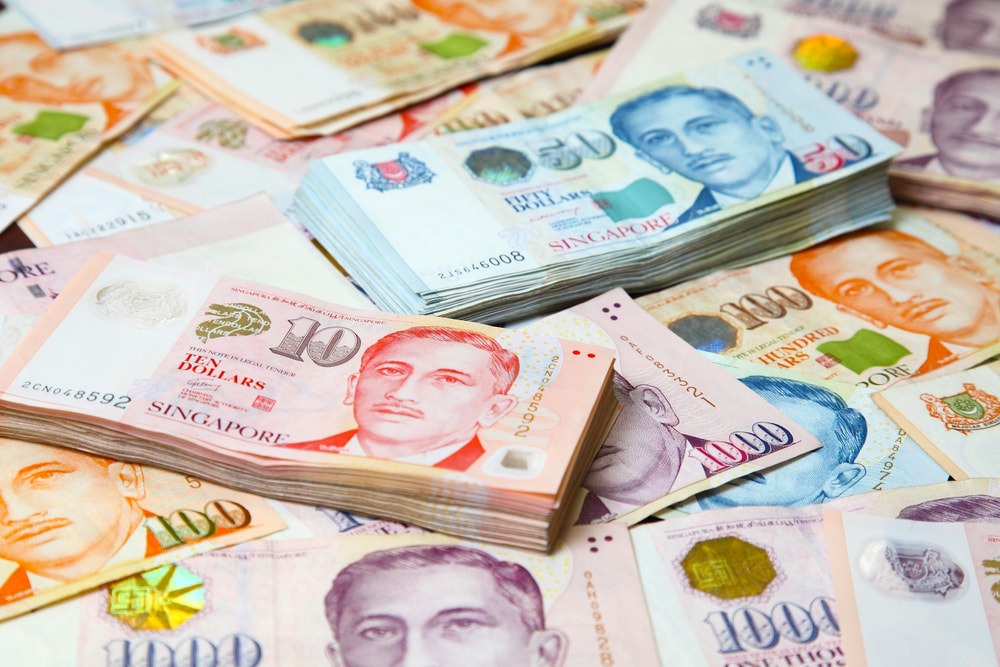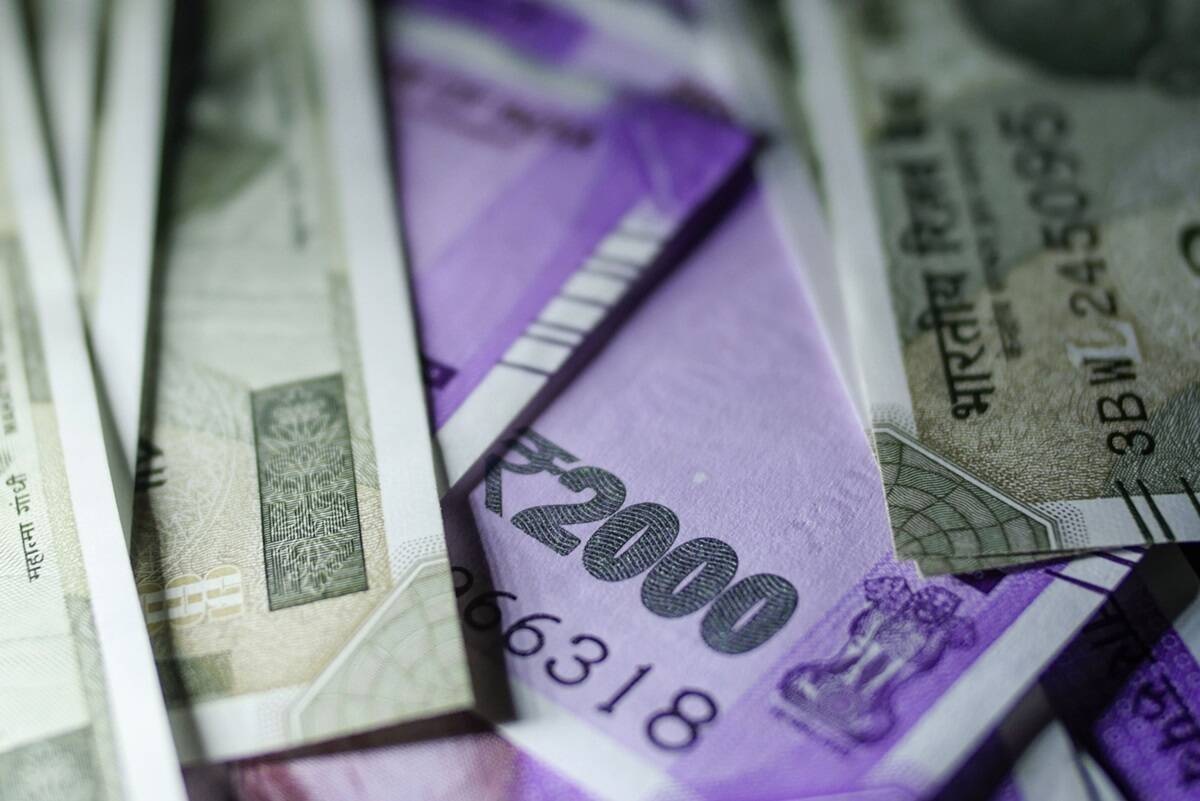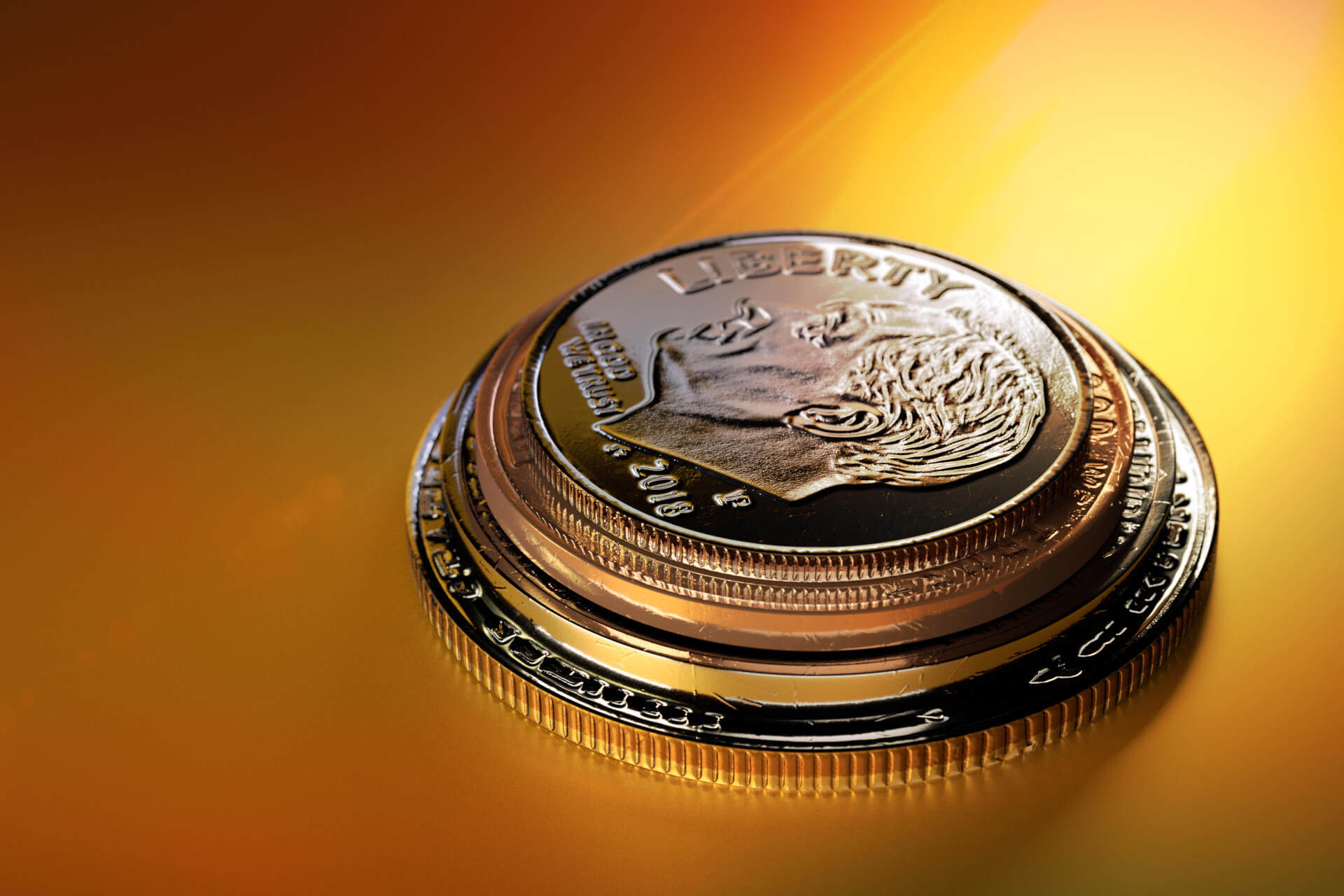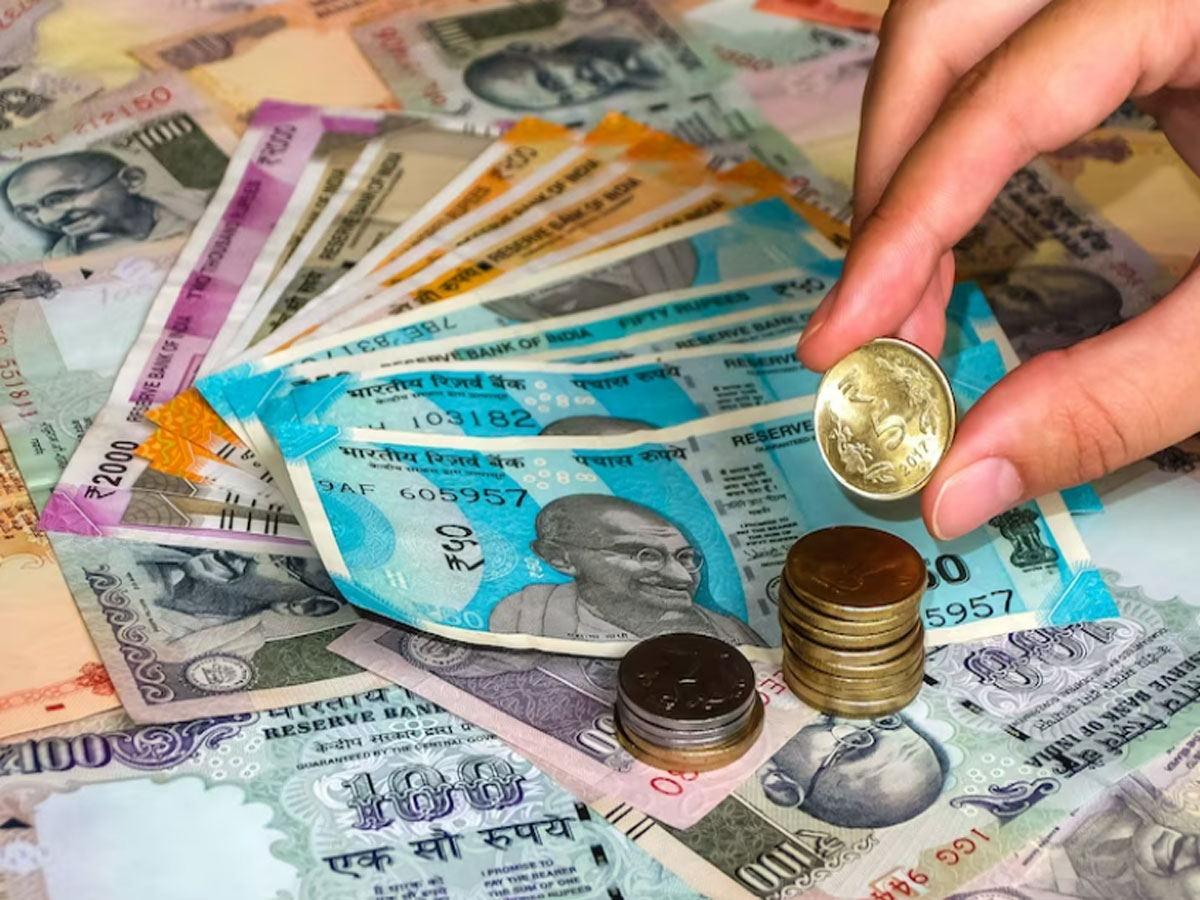Unlocking the World of Money: A Comprehensive Guide to Britannica Money
Table of Contents
- Page for individual images • Quoteinspector.com
- Global Warning - Fort Worth Weekly
- Cap on recurring e-mandates raised to Rs 15,000 from Rs 5,000 - Money ...
- The Role and Function of Money in Modern Economies | by Alex | Medium
- What is money?. What is money? Before reading the rest… | by Lentil ...
- Money Wisdom and Seniors - SACE
- A simple multi-asset solution for investors of every type - Money News ...
- EPFO : Salary comes and money goes to PF, good news has come, this work ...
- Five Real and Tested Methods for Increasing Money - ArticleStand.com
- spending mistakes | Household Hero

Money is a fundamental aspect of modern life, and understanding its definition, economics, history, types, and facts is crucial for making informed decisions in today's fast-paced world. In this article, we will delve into the world of Britannica Money, providing an in-depth look at the concept of money and its significance in our daily lives.


Definition of Money
)
According to Britannica, money is defined as "a medium of exchange, a unit of account, and a store of value." In simpler terms, money is anything that is widely accepted as payment for goods and services, allowing individuals and businesses to acquire what they need to survive and thrive. The definition of money has evolved over time, from commodity-based currencies like gold and silver to fiat currencies like the US dollar and digital currencies like Bitcoin.


Economics of Money

The economics of money is a complex and fascinating field that studies the ways in which money is created, distributed, and used in an economy. The supply and demand of money, interest rates, and inflation are all key factors that influence the economy and impact our daily lives. Understanding the economics of money is essential for making informed decisions about investments, savings, and spending.

History of Money
The history of money dates back thousands of years, with early forms of currency including bartering, commodity-based currencies, and coins. The development of paper money and digital currencies has revolutionized the way we think about and use money. From the first coins minted in ancient Greece to the modern-day digital payment systems, the history of money is a rich and fascinating topic that sheds light on the evolution of human society.

Types of Money
There are several types of money, including:
- Fiat currency: a currency that has no intrinsic value but is widely accepted as payment
- Commodity-based currency: a currency that is backed by a physical commodity, such as gold or silver
- Digital currency: a currency that exists only in digital form, such as Bitcoin
- Representative money: a currency that represents a claim on a physical commodity, such as a gold certificate

Interesting Facts about Money
Here are some interesting facts about money:
- The word "money" comes from the Latin word "moneta," which refers to the Roman goddess of war and fortune.
- The first paper money was introduced in China during the Tang Dynasty (618-907 AD).
- The largest denomination of US currency ever printed was the $100,000 gold certificate, which featured a portrait of Salmon P. Chase, the Secretary of the Treasury under President Abraham Lincoln.
In conclusion, Britannica Money is a complex and fascinating topic that encompasses the definition, economics, history, types, and facts of money. Understanding these aspects of money is essential for navigating the modern world and making informed decisions about our financial lives. Whether you're a student, a business owner, or simply someone who wants to learn more about the world of money, this guide provides a comprehensive overview of the subject.
By exploring the world of Britannica Money, we can gain a deeper appreciation for the role that money plays in our lives and make more informed decisions about how we earn, save, and spend our money. So next time you reach for your wallet or make an online payment, remember the rich history and complex economics behind the money that makes our world go round.